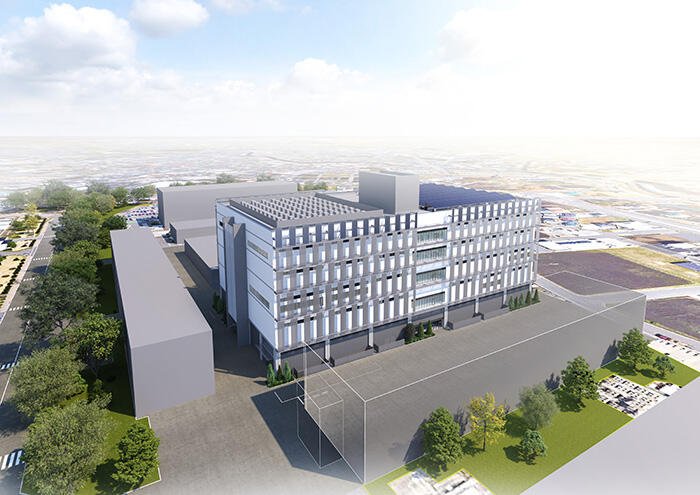How is Isuzu Planning to Enable Faster Development of Electric Vehicles
Isuzu will establish an electric vehicle development and testing facility within the Fujisawa plant to accelerate the development of a full lineup of carbon-neutral (CN) compliant vehicles by 2030. The plan involves introducing testing and evaluation equipment to develop systems and components optimized for commercial electric vehicles, with operations scheduled to commence in June 2026.
In striving to help realize a carbon-neutral (CN) society, Isuzu Group is committed to the deployment of electrified products across all commercial vehicle segments by 2030. Battery electric vehicles (BEVs) and fuel cell electric vehicles (FCEVs), which are expected to become commonplace in the future, are composed of components that differ significantly from internal combustion engine vehicles.
In order to advance the development of electric vehicles optimized for commercial use more rapidly, Isuzu sees it as essential to independently evaluate and develop systems and components. In turn, Isuzu is investing in a new facility for the development of electric components within the Fujisawa plant.
The newly established electric vehicle development and testing facility will employ testing and evaluation equipment for components such as batteries, motors, EV systems, and thermal management. By acquiring a deeper understanding of battery characteristics, the company seeks to maximize battery management performance. Furthermore, it is possible to optimize the functionality of combined EV components such as batteries and motors, as well as optimize the thermal management of the entire system.
By utilizing the facility for FCEV systems, Isuzu will conduct advanced energy management and thermal management optimization at the system level. This will contribute to improvements in driving range and performance. By integrating these functionalities into the facility, the company aims to enable faster development of electric vehicles.





